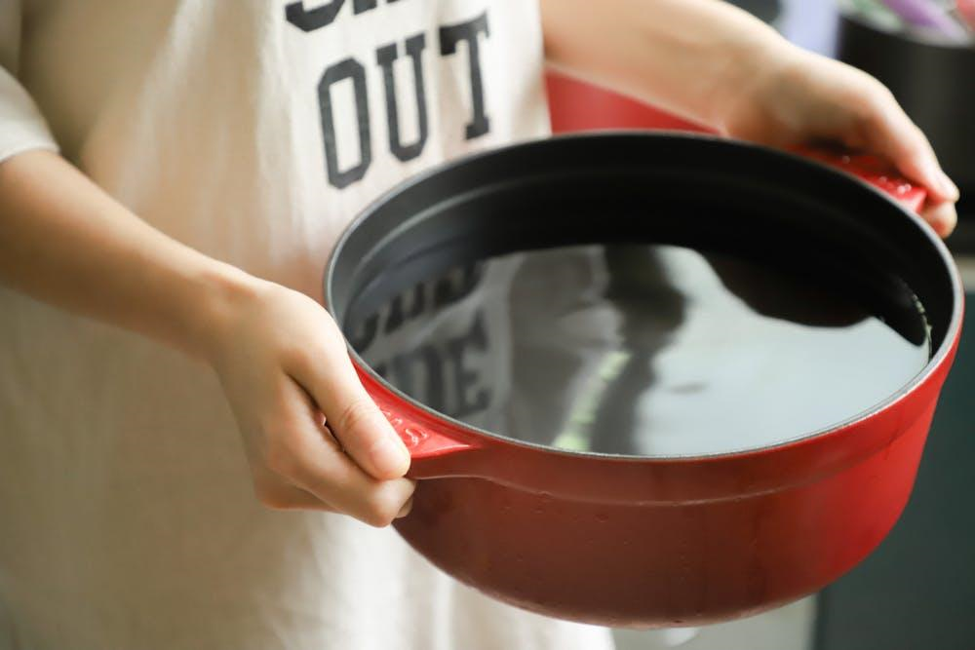
We are all taught from a young age various “truths” about food. What is healthy, what is unhealthy, what is a fruit, what isn’t. But, are some of these “truths” actually false? I found quite a few that have been debunked and even I was shocked!
Food myth debunked #1: swallowed chewing gum takes seven years to digest

According to https://www.mayoclinic.org/digestive-system/expert-answers/faq-20058446 chewing gum does not take seven years to digest nor does it sit in your stomach for an obscene amount of time. However, chewing gum is not broken down as quickly and easily as other foods are but it will be digested just fine.
So, why do people believe that chewing gum will take seven years to digest if it is swallowed? The origin of this food myth is uncertain. Though one could theorize that parents may have started telling it to their children as a means to discourage swallowing the gum.

Food myth debunked #2: pregnant women should be eating twice as much (or eating for two) to adequately supply herself and her unborn child with nutrition
According to https://www.babycenter.com/eating-for-two pregnancy increases your ability to absorb nutrients to properly supply yourself and your baby. When you eat double the portions or double the frequency as you normally would you are actually putting yourself at risk for excessive weight gain. This extra weight doesn’t do your baby any good and doesn’t do you any good. Just remember, as much as you put on, you will want to take back off, so don’t make it a harder journey to take!
Aside from the weight gain from “eating for two” overeating may also lead to various medical conditions that can cause great harm to you and obviously your unknown child.
So, what should you do? Eat a well-balanced meal plan that works for you and baby! For example, when I was pregnant with my son I craved milk, fruit, milkshakes, and meat! That doesn’t mean I only consumed those things, but I definitely didn’t ignore my cravings either. Instead, I ate a lot of fruit, vegetables, peanut butter, and drank a lot of fat-free milk. Then, I would allow myself to have a nighttime milkshake and the occasional steak!
Talk to your doctor about creating a proper meal plan that is designed with you and baby in mind!

Food myth debunked #3: adding salt to water makes it boil faster
According to https://www.knowswhy.com/why-does-salt-make-water-boil-faster/ adding salt to water does not bring it to a boil faster than if no salt had been added. However, salt does have an effect on the temperature of the water as well as the outcome of the food being boiled.
According to the article, adding salt to already boiling water will increase the temperature of the water and create a more efficient boil. What does this mean? It means that boiling salted water will cook the food more quickly and more effectively than if no salt had been added.
Salted water will also have an effect on how the food tastes after it has been boiled. The food will have a more enhanced flavor profile and the texture will be more appealing, as well!

Food myth debunked #4: putting oil in boiling water for pasta prevents it from sticking
According to https://www.smithsonianmag.com/arts-culture/youre-doing-it-wrong-the-guide-to-making-perfect-pasta-946855/ adding olive oil to the water when cooking pasta does not prevent it from sticking and will also not prevent the water from boiling over. In fact, the article states that the oil adds more harm to the dish than anything. As the article explains, olive oil (and all oil) is denser than water. So, when oil is added to water, they separate with the oil rising to the top. Then, when the pasta is drained from the pot, the oil is then coating the pasta. Why is this such a bad thing? Because, when the pasta is then added to the desired sauce it is less likely that